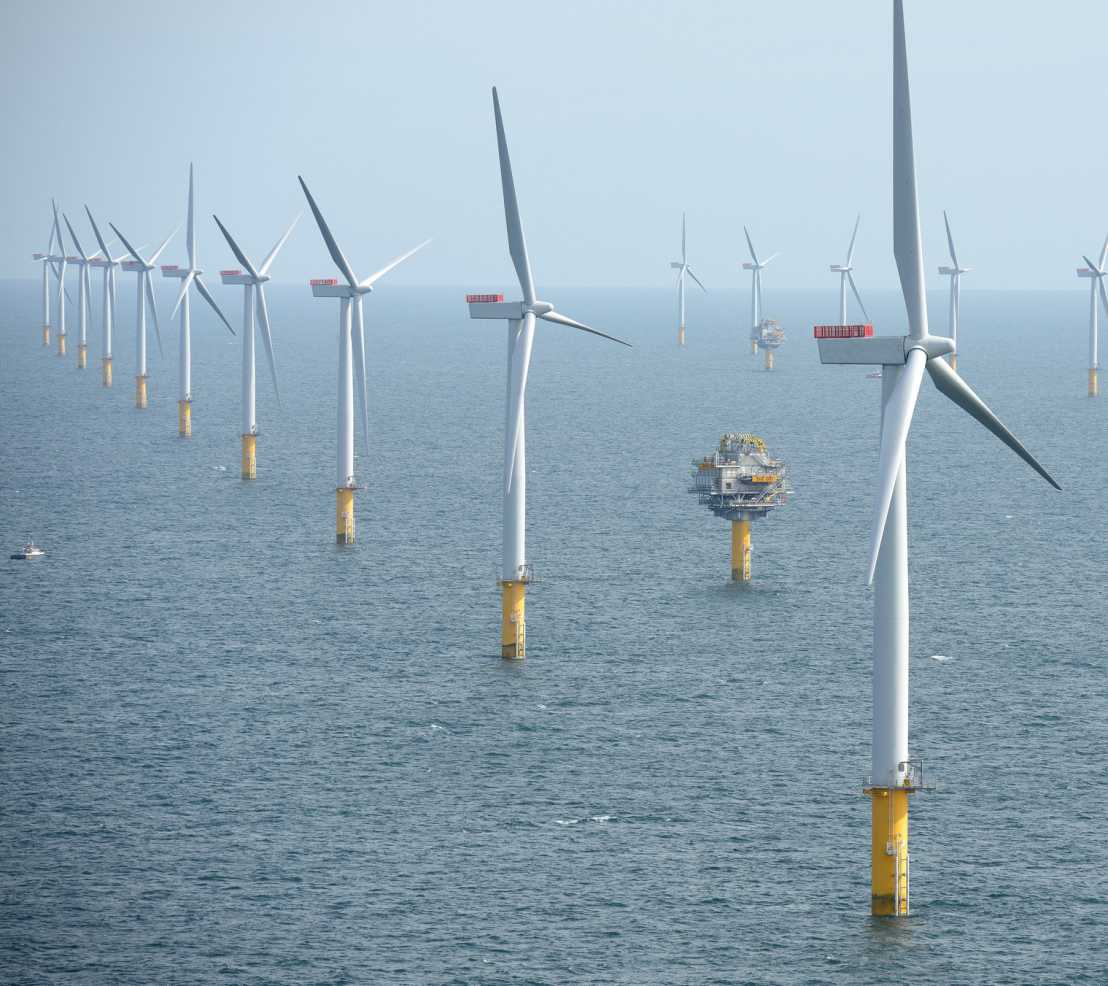Energy Policy

Photo source: Wikipedia
Energy policies are central for environmental performance, costs and security of energy supply. Moreover, they play an important role for innovation, new technology development and sectoral change.
Researchers at SusTec investigate the effects of energy policies on technology development and organizational strategies, in different contexts.
Key findings:
- The design of policy mixes for renewable energy support will benefit from two complementary perspectives when studying policy impact: strategic intent and specific impact domain (Download Ossenbrink et al., in press)
- The EU energy policy mix is contested among major industry actors. Major conflict lines include the ambition to support renewables and the degree of (de-)centralization of the electricity system (Download Lindberg et al., in press)
- Additional incentives from energy policies are necessary to support electric utilities when targeting system integration of renewable energies (Download Frei and Sinsel, 2018)
- Feed-in policy design is essential to shape different configurations of self-consumption in the field of PV (Download Ossenbrink, 2017)
- Policies targeting energy efficiency can also generate innovation effects, which is often overlooked (Download Girod et al., 2017).
- Energy policy making should consider that belief based approaches explain the adoption of innovation better than economic models (Download Girod et al., 2017).
- Deployment policies have to be designed carefully to avoid technology lock-in. Application specific policies may equally contribute to lock-in as technology specific policies (Download Schmidt et. al. 2016).
- Major changes in energy policies depend on coalitions of actors with diverging interests. Advances in renewable energy technology have made major policy changes easier (Download Markard et al. 2016).
- Feed-in tariffs have a major impact in stimulating the uptake of renewable energies such as PV or biogas in the energy sector (Download Hoppmann et al. 2013, Download Hoppmann et al. 2014; Download Markard et al. 2016)
- As actors and technologies may react very dynamically and in unforeseen ways to policies, continuous adaptation of energy policies is crucial (Download Hoppmann et al. 2014)
- Photovoltaics, which benefited very much from policy support in the past, becomes increasingly independent and is already economically attractive without feed-in tariffs in many regions of the world (Download Lang et al. 2014)
- To be efficient, the design of deployment policies should take into account the profitability gap of new technologies, such as energy storage technologies (Download Battke and Schmidt 2015)
- When designing and implementing deployment policies, or transferring them to new contexts, political legitimacy is central (Download Huenteler et al. 2012)
- The effect of deployment policies on new energy technologies may be very much moderated by informal institutions such as professional culture or social context (Download Wirth et al. 2013)
- Electricity market liberalization has profoundly changed existing organizational and market structures, thereby also opening up opportunities for major transformation and strategy changes of utility companies (Download Markard and Truffer, 2006)
Contact
If you would like to receive more information or have questions on this topic, please contact one of the following experts: